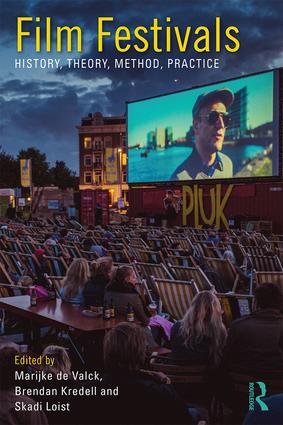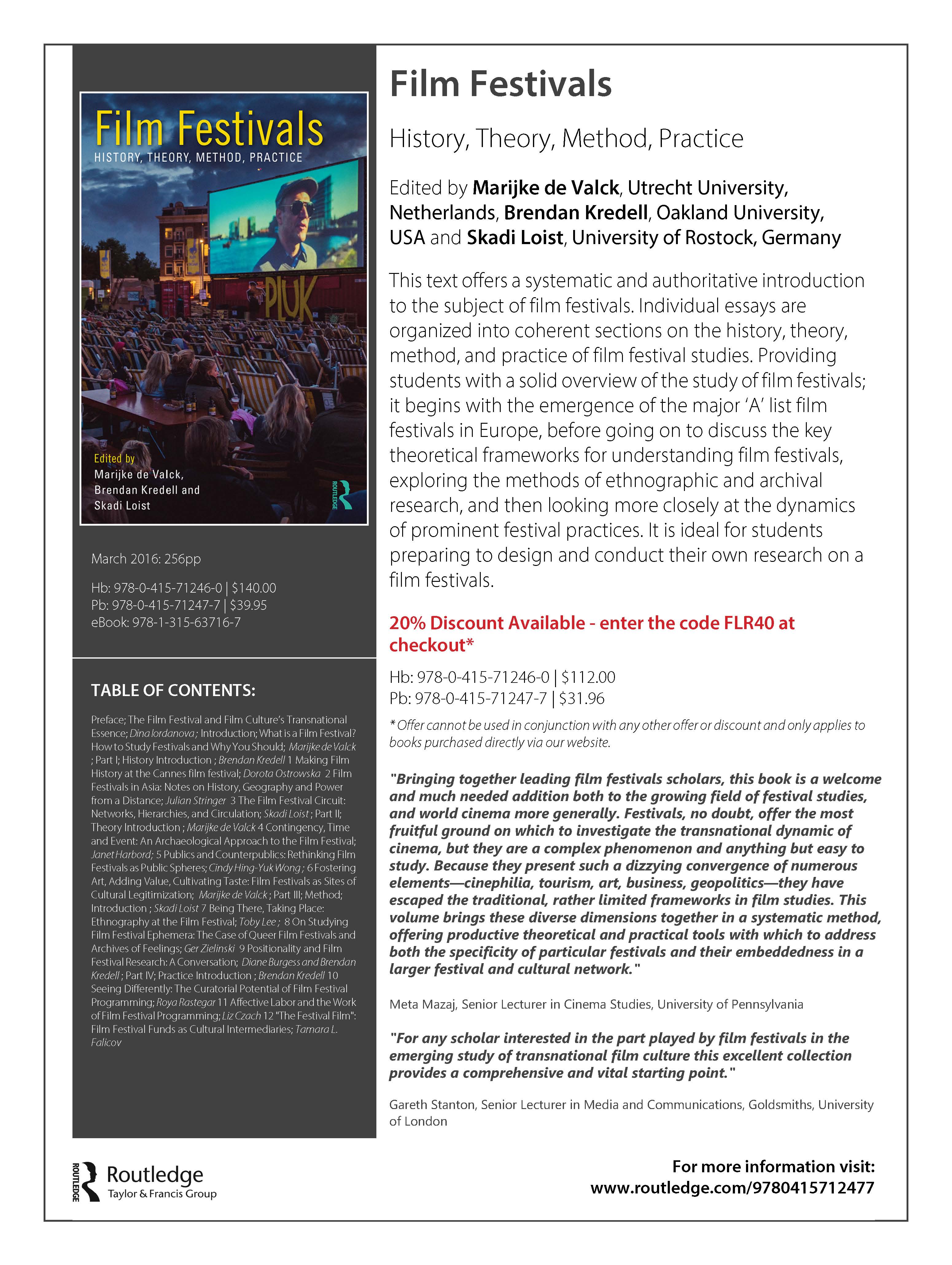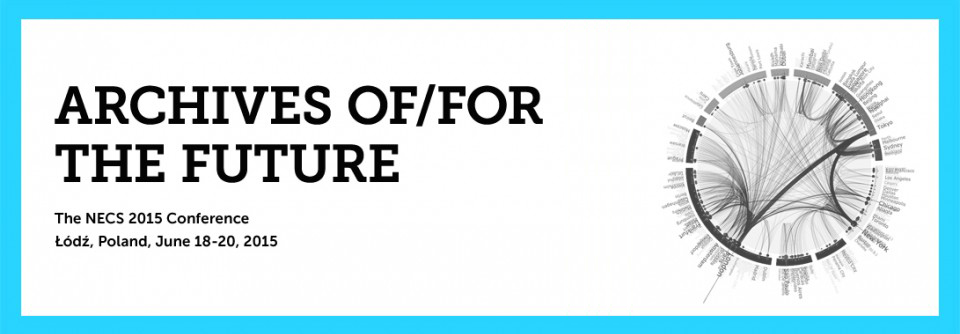Call for Papers
Multivoicedness and European Cinema: Representation, Industry, Politics
Conference date: Friday 10th and Saturday 11th November 2017
Venue: University College Cork, Ireland
Organised by: ECREA Film Studies Section
Deadline for abstracts: 2 May 2017
Conference website: https://ecreafilmstudies2017.wordpress.com
European cinema has evolved from a homogenous and selective object of study, mostly shaped by frameworks of national industry, identity and culture, to a much more diversified field, reflecting the shift to a post-colonial, post-communist, post-national, globalised Europe. In the context of an increasingly diverse but also split society, in which social polarisation is on the increase due to the crisis of the Eurozone and the decline of the welfare states, and in which populism and nationalisms are on the rise, resulting in the strengthening of the Fortress Europe project, this conference aims to turn the spotlight on the less-represented and less-audible voices in European cinema in all its forms: fiction, documentary, mainstream, art house, independent, exploitation, art film. With an inclusive focus encompassing issues of production, distribution and reception, of representation and of form, of dissent and of control, the conference invites contributions that engage from a wide range of theoretical perspectives and methodological approaches with the politics of difference and with the representation and/or expression of alternative viewpoints in European films / in films made in Europe.
Keynote Speakers:
Professor Ewa Mazierska (University of Central Lancashire)
Professor Chris Wahl (Film University Babelsberg Konrad Wolf)
Abstracts are invited on topics related to Multivoicedness in European Cinema, including but not limited to:
- Multivoicedness in national and transnational European cinemas
- Peripheries, borders, and grey areas: falling between the cracks, speaking from the margins
- Ethics and/or aesthetics of alternative voices
- Audiodescription, subtitling and dubbing of multivoiced films
- Cultural and market negotiations: translating cultures, crossing borders
- Participation, dissent, resistance: audiences, politics, and public discourse
- Alternative European cinemas and the global market
- Other voices: niche markets, new forms of consumption
- Deterritorialising identities, becoming migrant/minoritarian
- Polyglot cinema: speaking from multiple subject positions
- Genders and genres: decentering and in-betweenness
- Alternative film festivals and other cinemas
- Speaking in tongues: the audiences of multivoiced films
- Queering European cinema
- Nonfiction and commitment: documenting the silenced subject
- Speaking for oneself: multiple forms of first-person filmmaking
- Transnational, cosmopolitan, global: what European cinema?
- A continent in motion: multiple commitments, divided belongings
- The “New Europeans” in films / making films
- Margins of industrial practices, alternative forms of production, distribution and reception
- Speaking parts: person, character, actor, star
The conference will also be the host to special panel sections prepared by the HoMER network (History of Moviegoing, Exhibition and Reception) and FFRN (Film Festival Research Network).
Abstract submission: Please submit your abstract (max 300 words) along with key references, institutional affiliation and a short bio (max 150 words) or a panel proposal, including a panel presentation (max 300 words) along with minimum 3, maximum 4 individual abstracts.
Submission deadline: May 2nd 2017.
Proposal acceptance notification: June 23rd 2017.
Please send your abstract/panel proposals to the conference email address: filmstudiesecrea[at]gmail.com
Submissions for the HoMER section should be sent to Daniela Treveri Gennari: dtreveri-gennari[at]brookes.ac.uk and
submissions for the FFRN section should be sent to Skadi Loist: skadi.loist[at]uni-rostock.de.
ECREA membership is not required to participate in the conference. Delegates will be required to contribute towards administrative and catering costs.
Conference details: The Conference is hosted and supported by the Department of Film and Screen Media, University College of Cork, Ireland
Conference organisers: Laura Rascaroli (University College Cork), Sergio Villanueva Baselga (Universitat de Barcelona), Helle Kannik Haastrup (University of Copenhagen), Anders Marklund (University of Lund), Gertjan Willems (Ghent University).
Conference email address: filmstudiesecrea[at]gmail.com
Conference website: https://ecreafilmstudies2017.wordpress.com



 At the 2016 SCMS conference, happening in Atlanta March 30-April 3, there are a number of panels and events related to film festival research. Here are the events endorsed by the Film and Media Festivals SIG of SCMS:
At the 2016 SCMS conference, happening in Atlanta March 30-April 3, there are a number of panels and events related to film festival research. Here are the events endorsed by the Film and Media Festivals SIG of SCMS:
